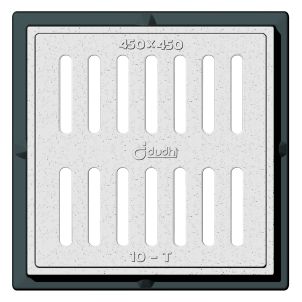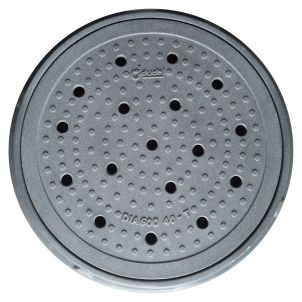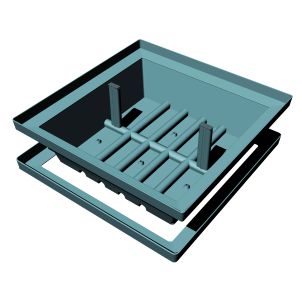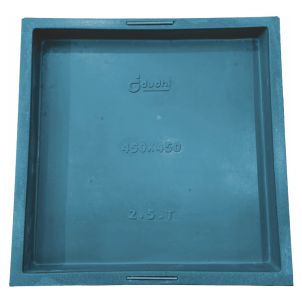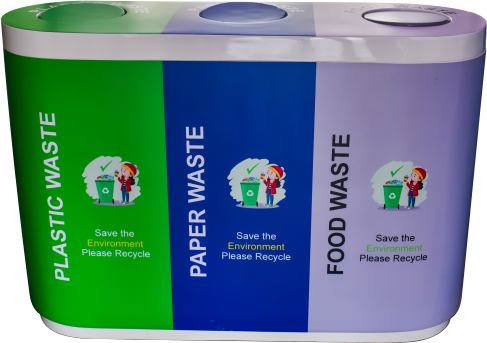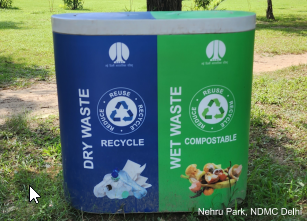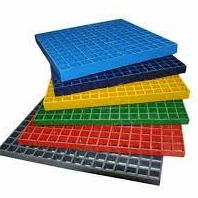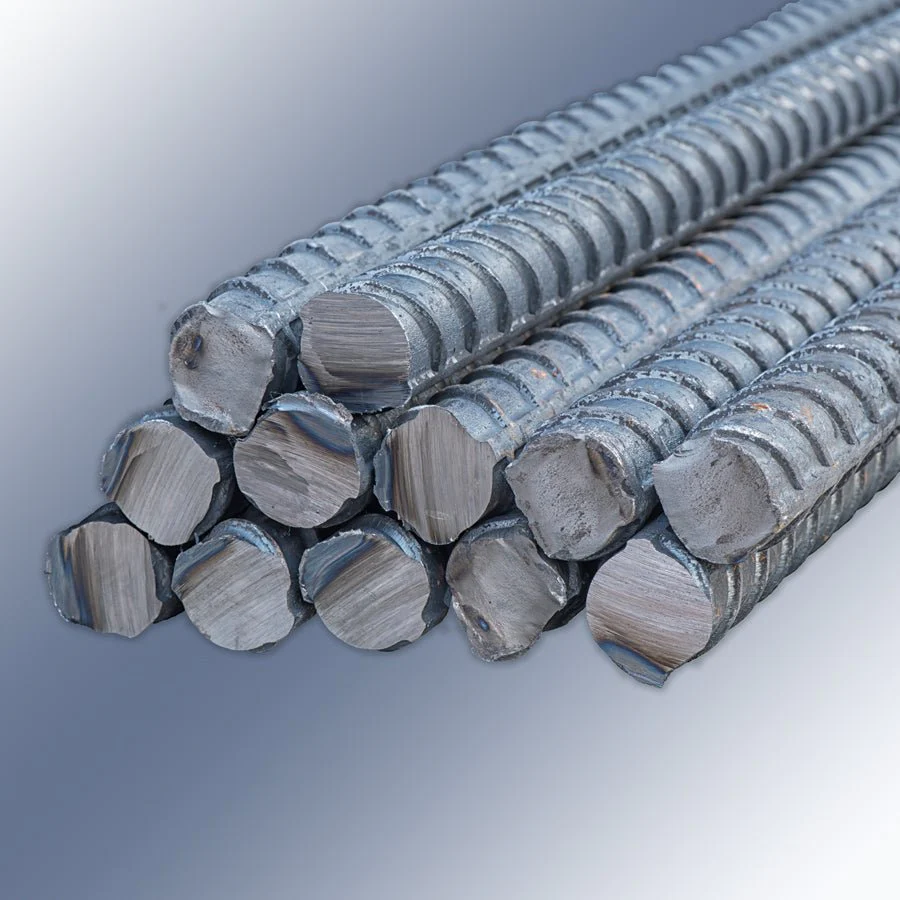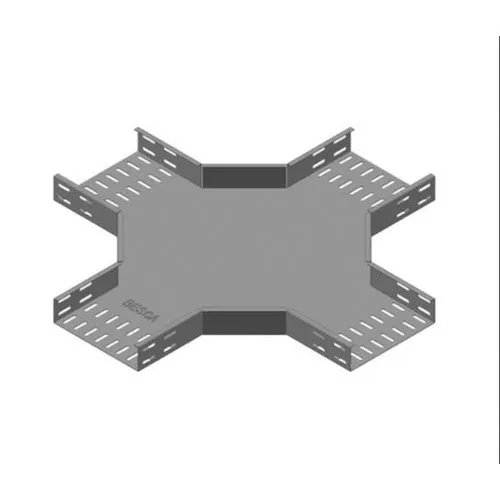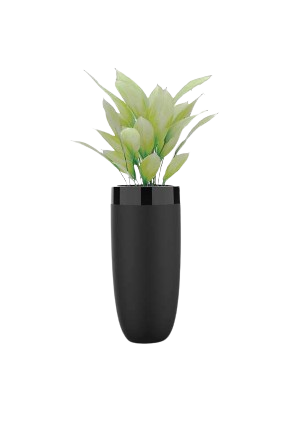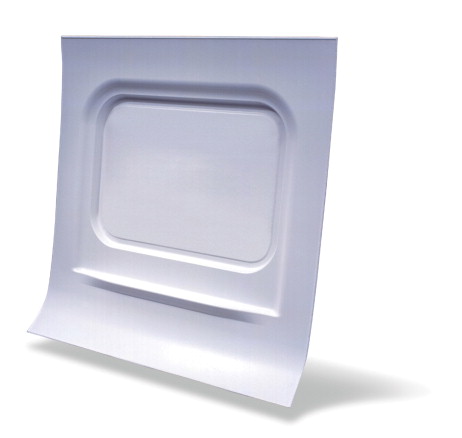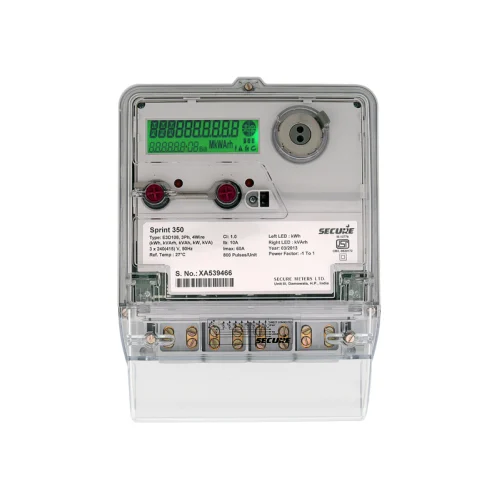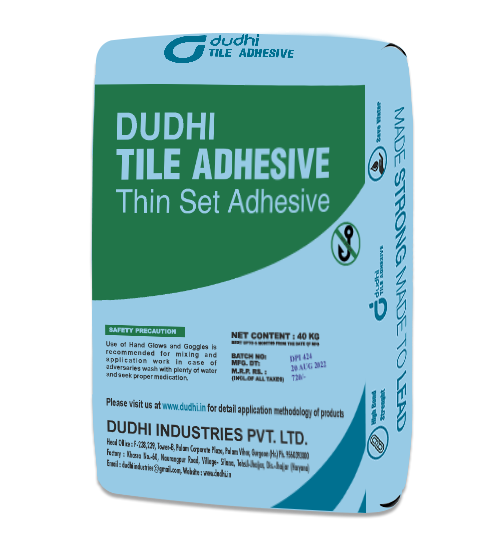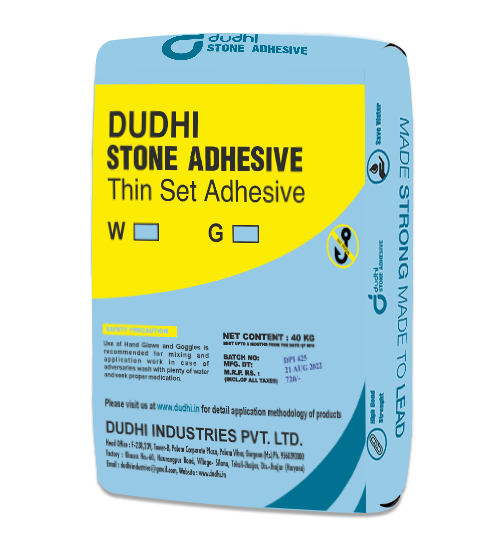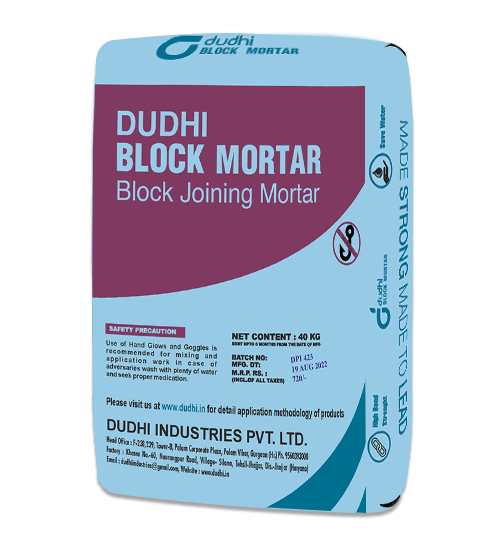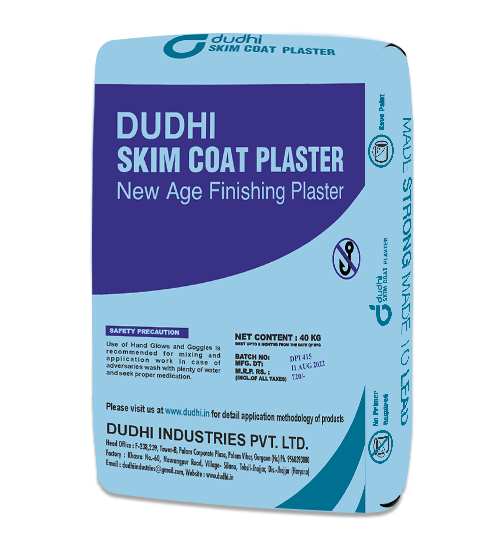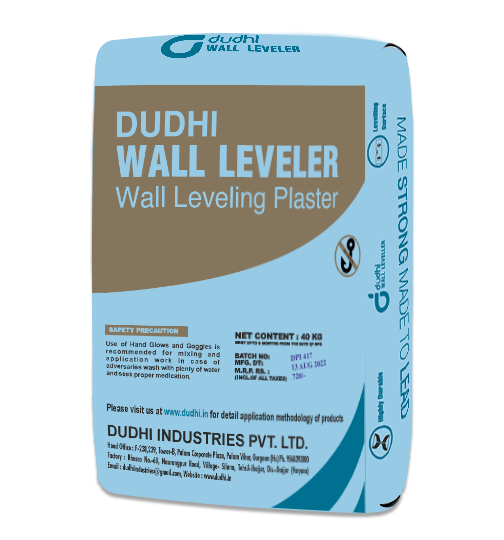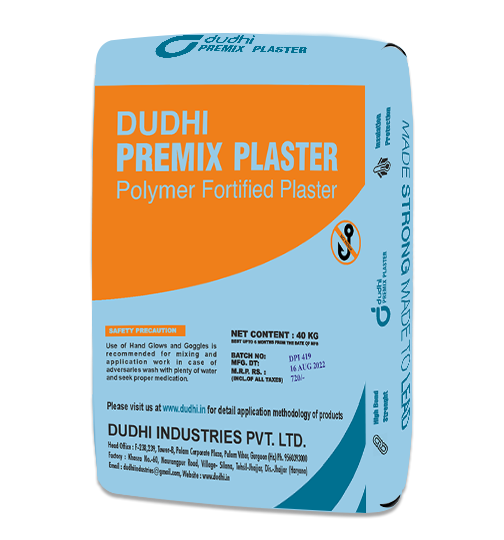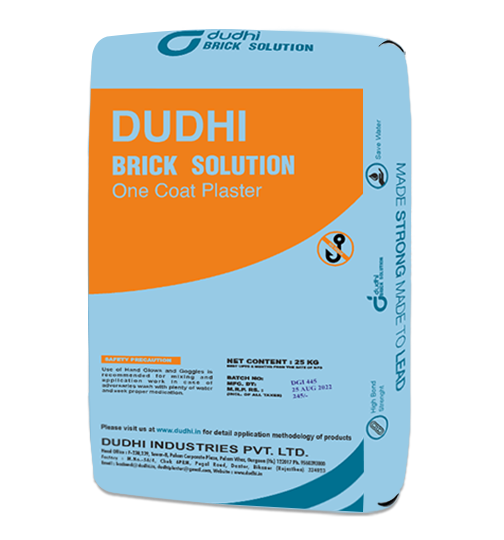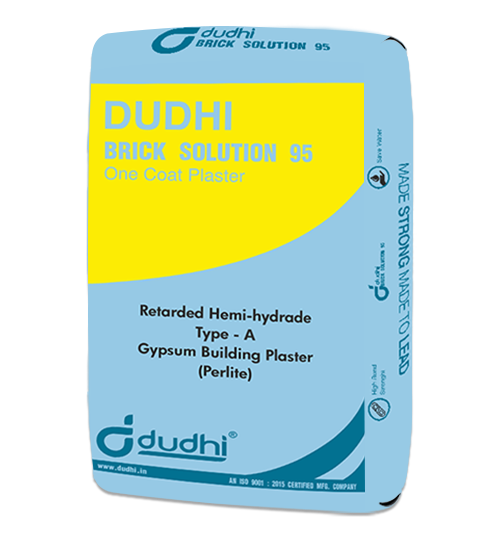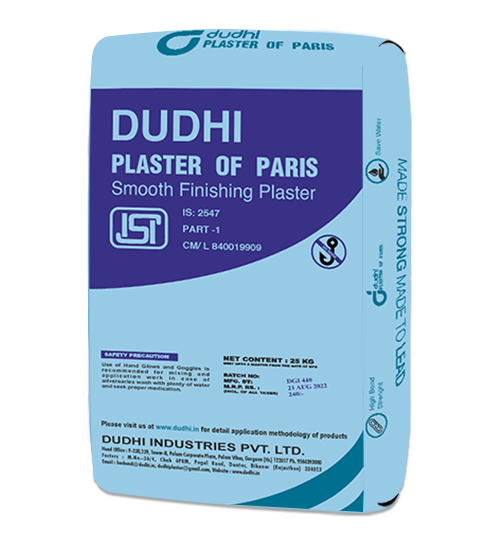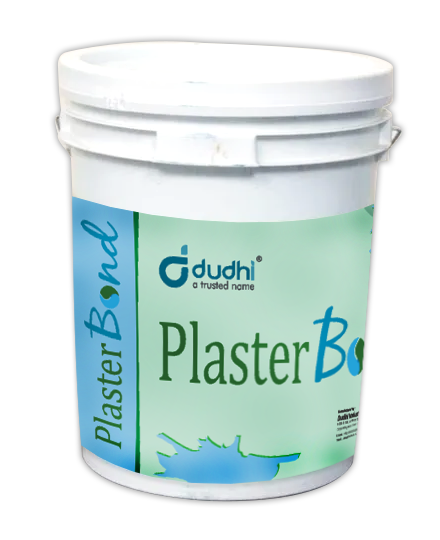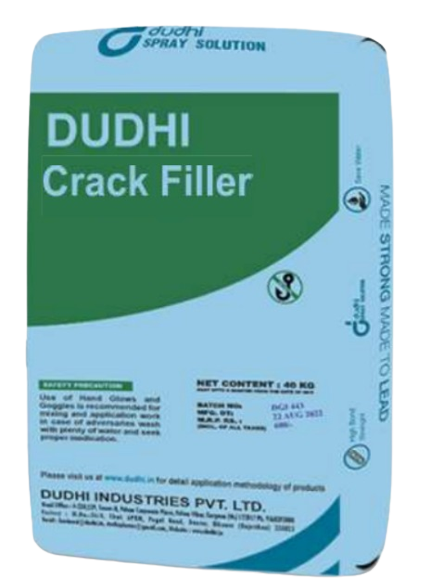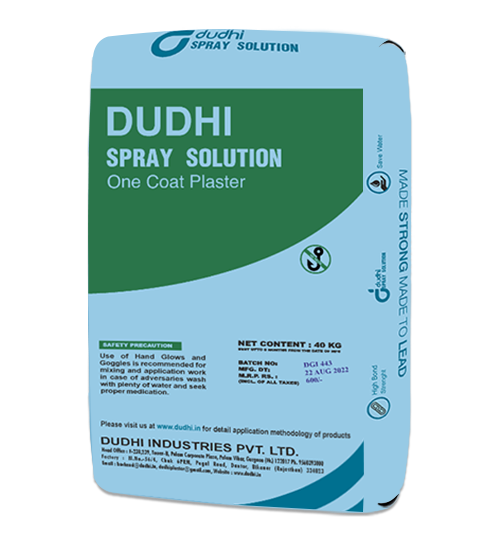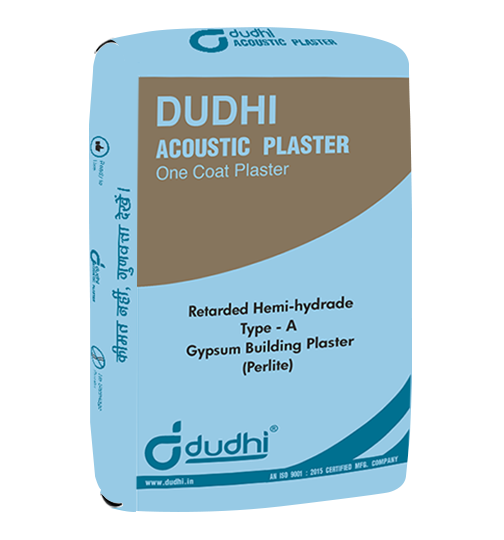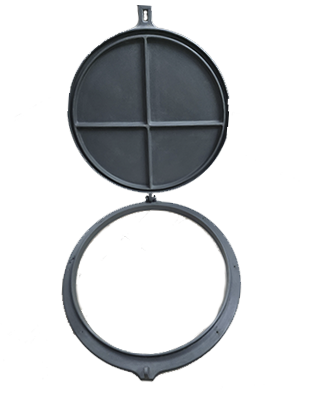Gypsum plastering is an alternative to traditional sand-cement applications for internal plastering surfaces.
Gypsum plaster, also known as Dudhi plaster, is made from gypsum, a naturally occurring mineral that is abundant in nature. The plaster consists of gypsum powder mixed with water, which is then applied to walls and ceilings to create a smooth, flat surface.
Dudhi plastering has become increasingly popular in recent years due to its many benefits. It is lightweight and easy to handle, making it easier to work with than traditional plaster. Dudhi plaster also has superior sound insulation properties and is fire resistant, making it a popular choice for commercial buildings and homes alike.
In addition to these benefits, Dudhi plaster is also more environmentally friendly than traditional plaster. It contains fewer harmful chemicals and produces less waste during the application process. This means that it has a lower impact on the environment and is a more sustainable choice for builders and homeowners.
Overall, Gyproc plastering is a high-quality, versatile, and practical option for internal plastering surfaces. Its environmentally friendly properties make it an ideal choice for those looking to reduce their carbon footprint and create a more sustainable living environment.
Gypsum plaster is a type of plaster that is made from gypsum, a soft mineral made up of calcium sulfate dihydrate. It is commonly used as a wall and ceiling covering due to its durability, fire resistance, and smooth finish. Gypsum plaster is also known as plaster of Paris, as it was historically made from the large gypsum deposits found near Paris, France. Today, it is manufactured by heating gypsum to remove the water content and then grinding it into a fine powder that can be mixed with water to form a paste. This paste can then be applied to surfaces and allowed to dry, creating a smooth and even finish.
- Gypsum rock(CaSO4.2H2O) when heated to 150 -250°C looses ¾ of its water. Gypsum rock gets converted in CaSO4.½H2O(POP).
- CaSO4.2H2O → CaSO4.½H2O(POP) + 3/2 H2O






